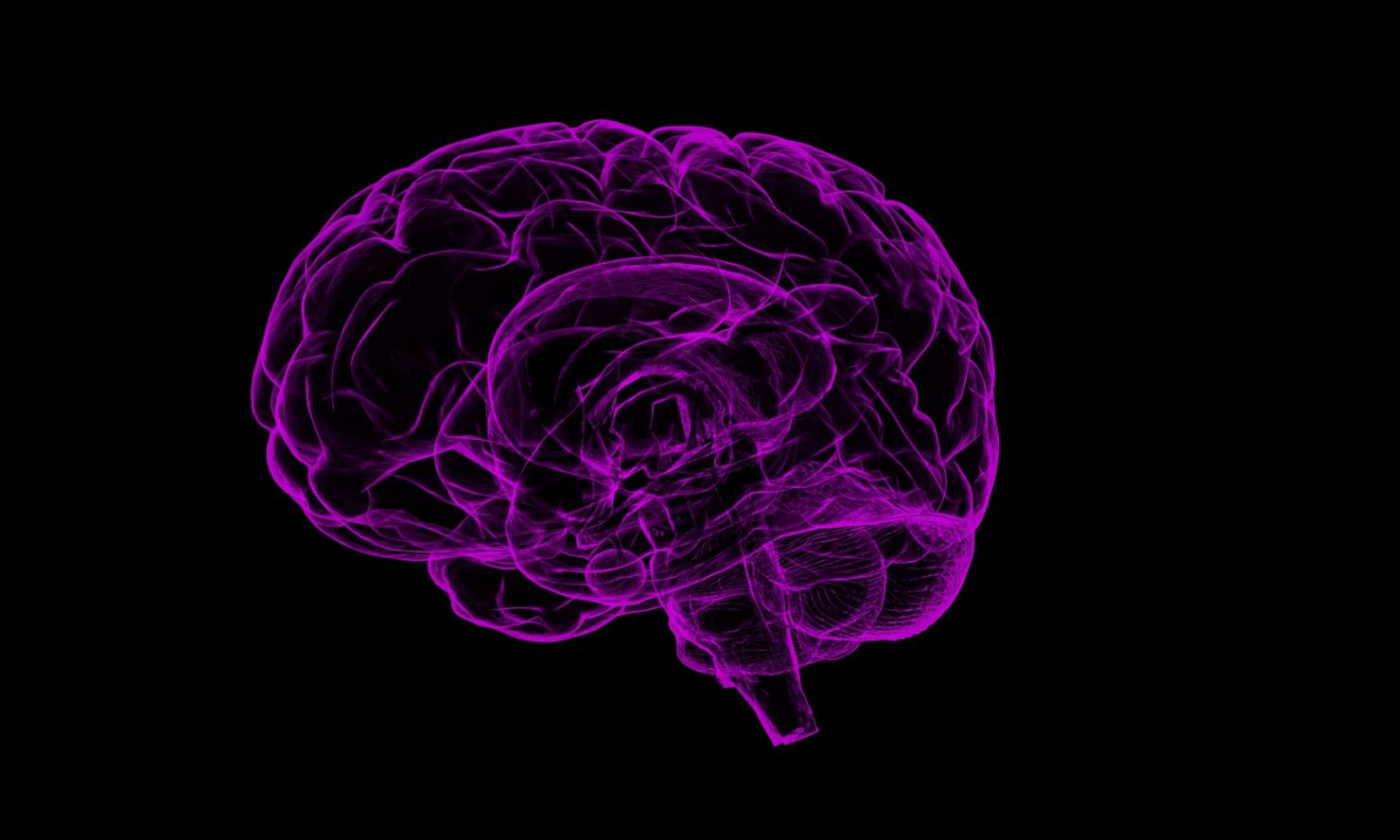 Throughout the pandemic, healthcare workers have seen more than just the lungs affected by COVID-19. Doctors have reported neurological complications including stroke, headache and seizures, but the information is limited to a number of individual reports that are not reflective of a larger population.
Throughout the pandemic, healthcare workers have seen more than just the lungs affected by COVID-19. Doctors have reported neurological complications including stroke, headache and seizures, but the information is limited to a number of individual reports that are not reflective of a larger population.
Researchers from Baylor College of Medicine and the University of Pittsburgh have gathered more than 80 studies, reviewed the data, and identified commonalities that are helping to paint a broader picture of how COVID-19 affects the brain.
The findings, published in Seizure: European Journal of Epilepsy, focused on electroencephalogram (EEG) abnormalities of the brain. EEG is a test used to evaluate the electrical activity in the brain. Researchers found that about one-third of patients who were given an EEG had abnormal neuroimaging localized in the frontal lobe of the brain.























